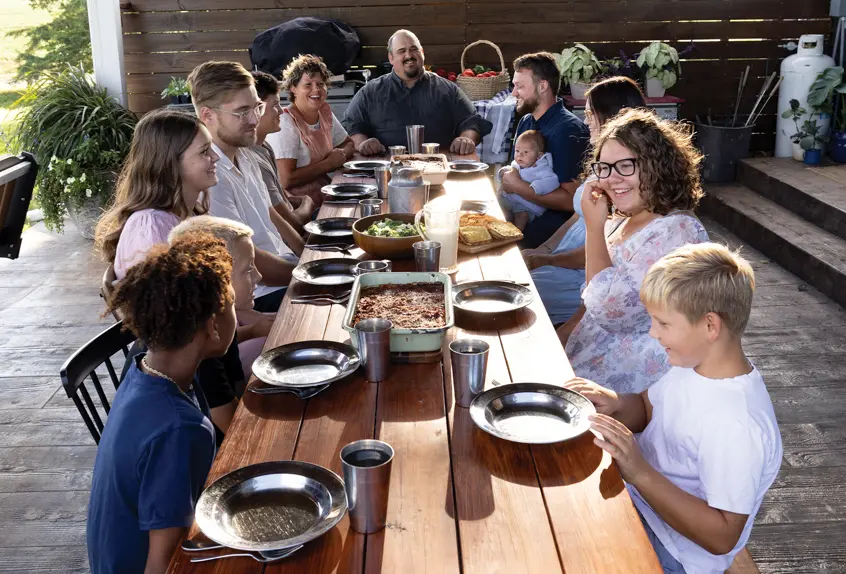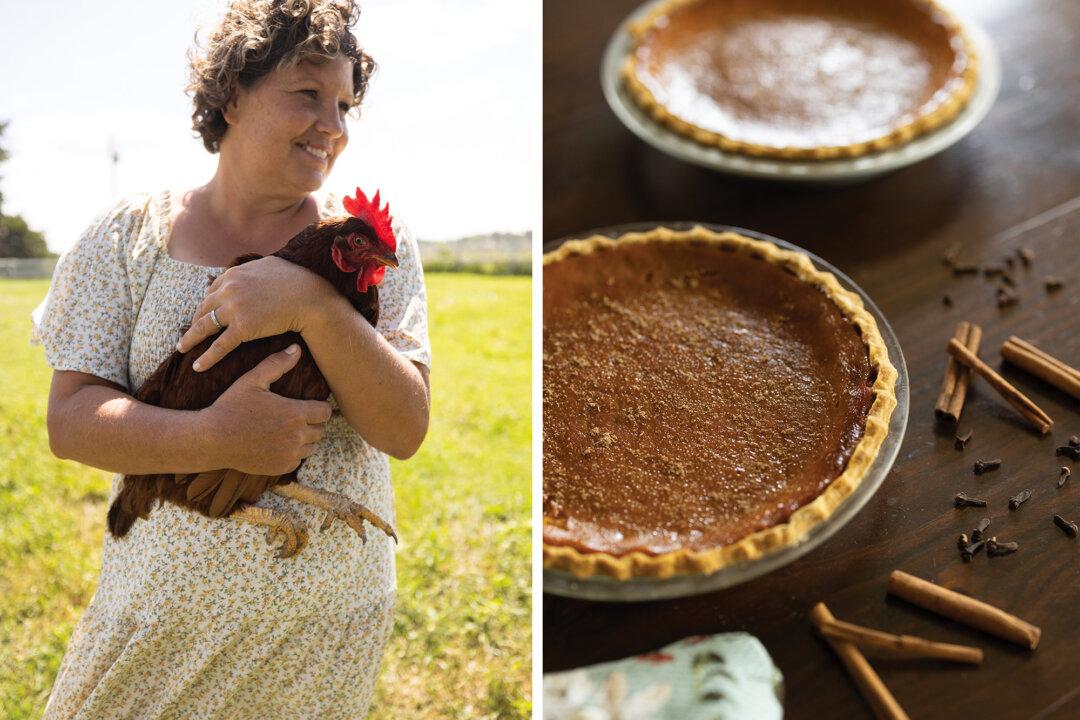Paul Gautschi would be the first to tell you that the food from his garden is the best in the world.
To prove it, he’d point to his apple trees. Unlike upright trees grown in commercial orchards, the branches of Mr. Gautschi’s trees bend so low they seem to scrape the earth in a submissive bow.





